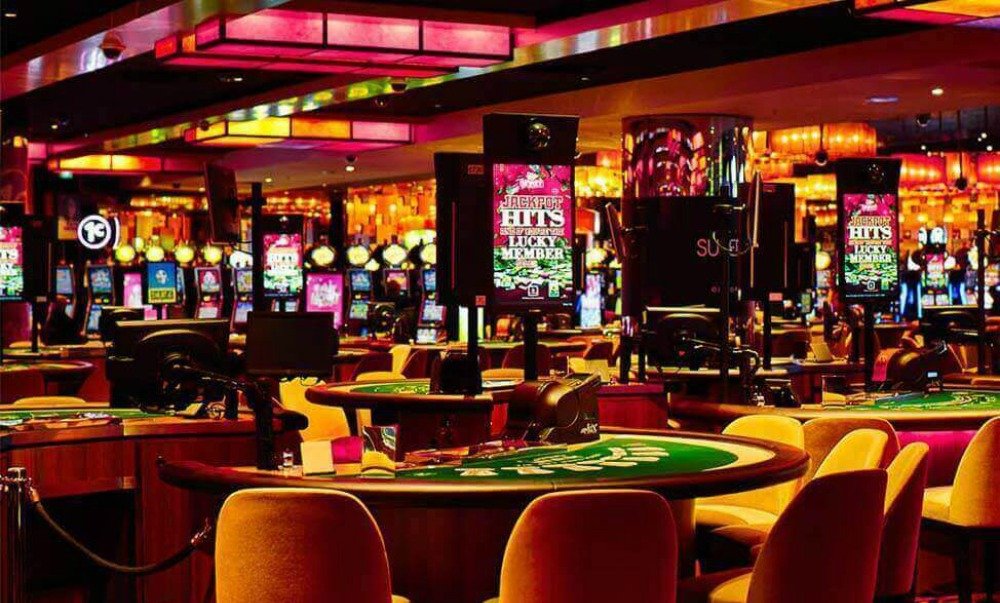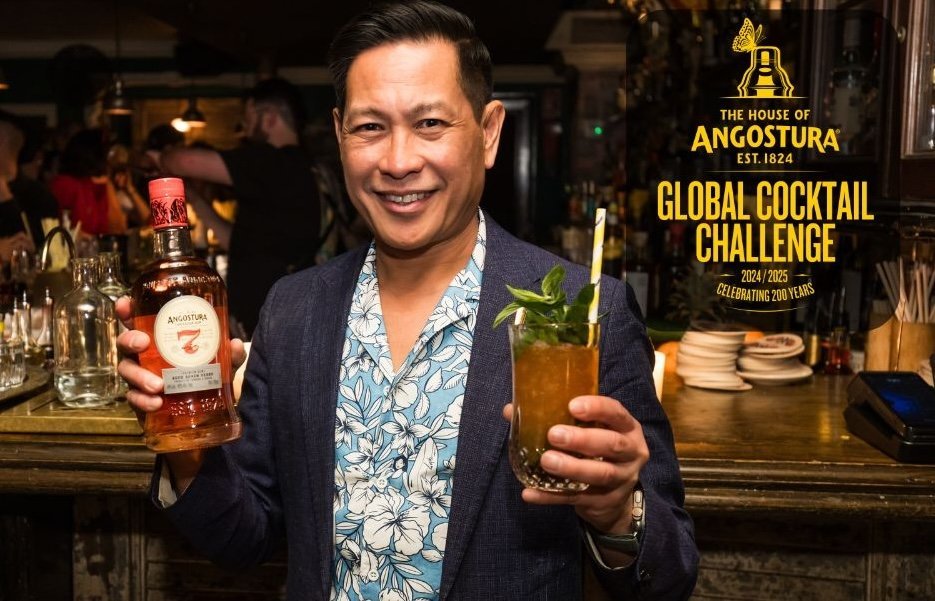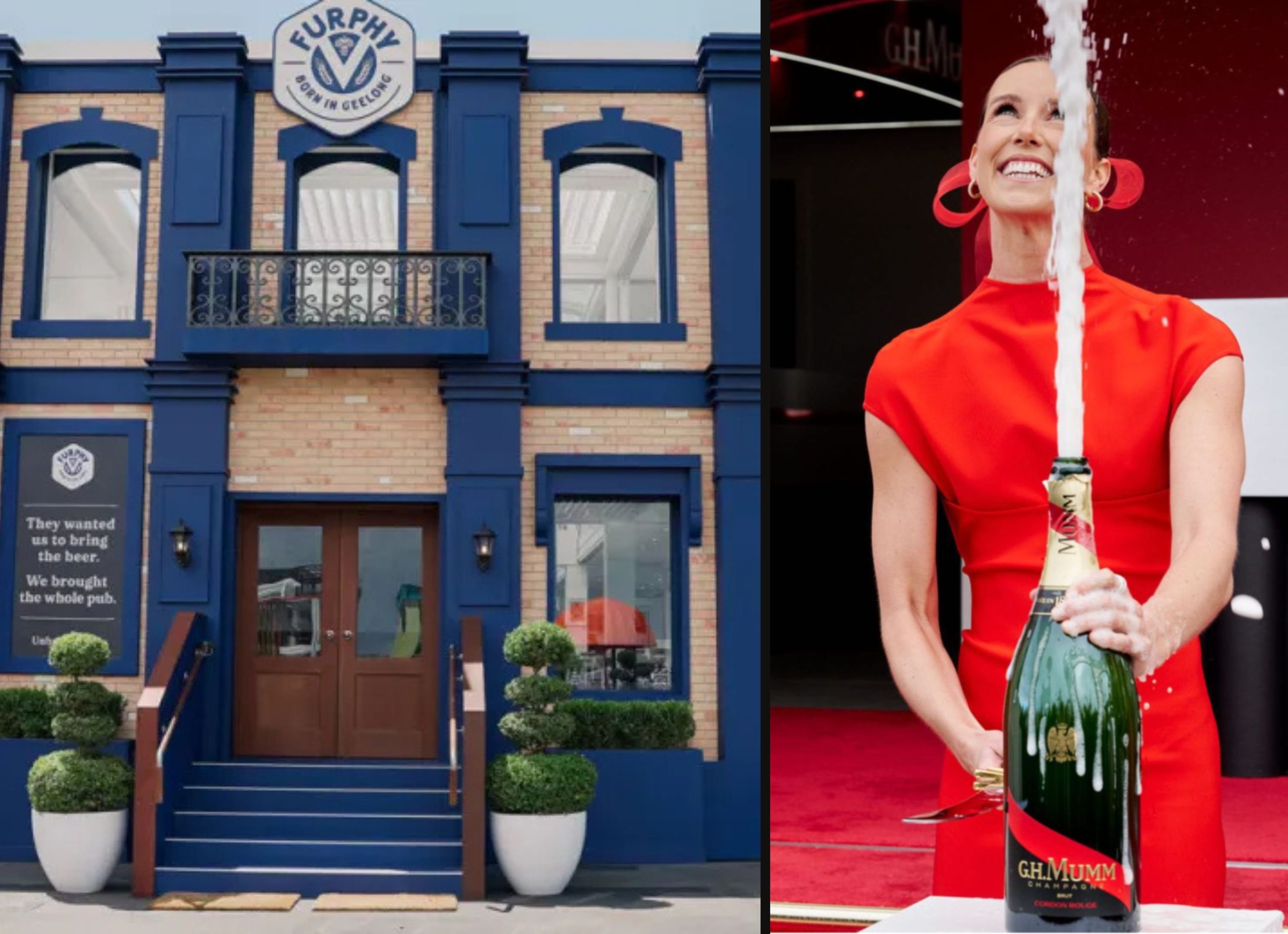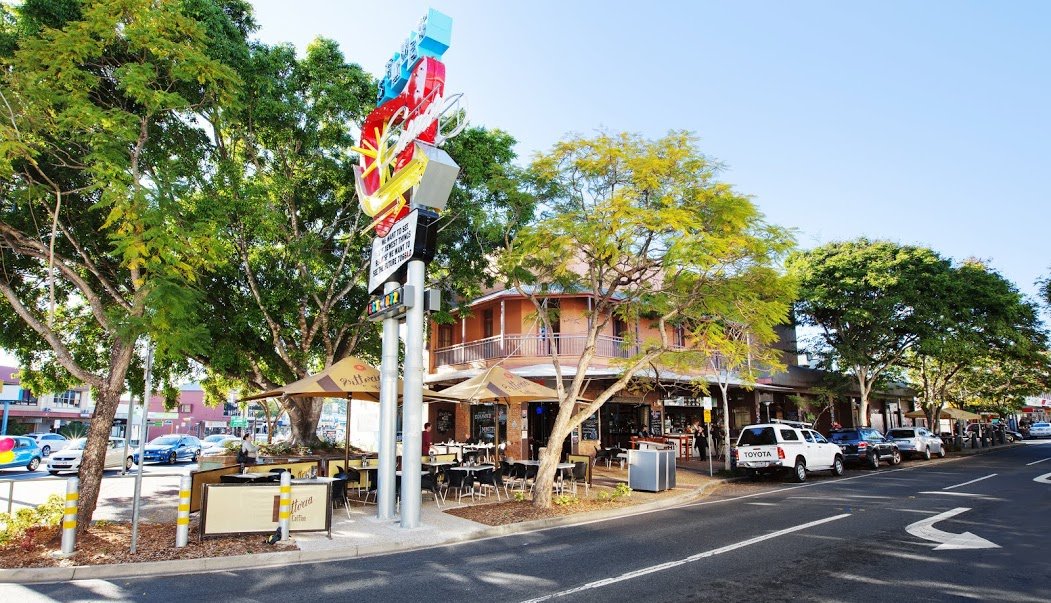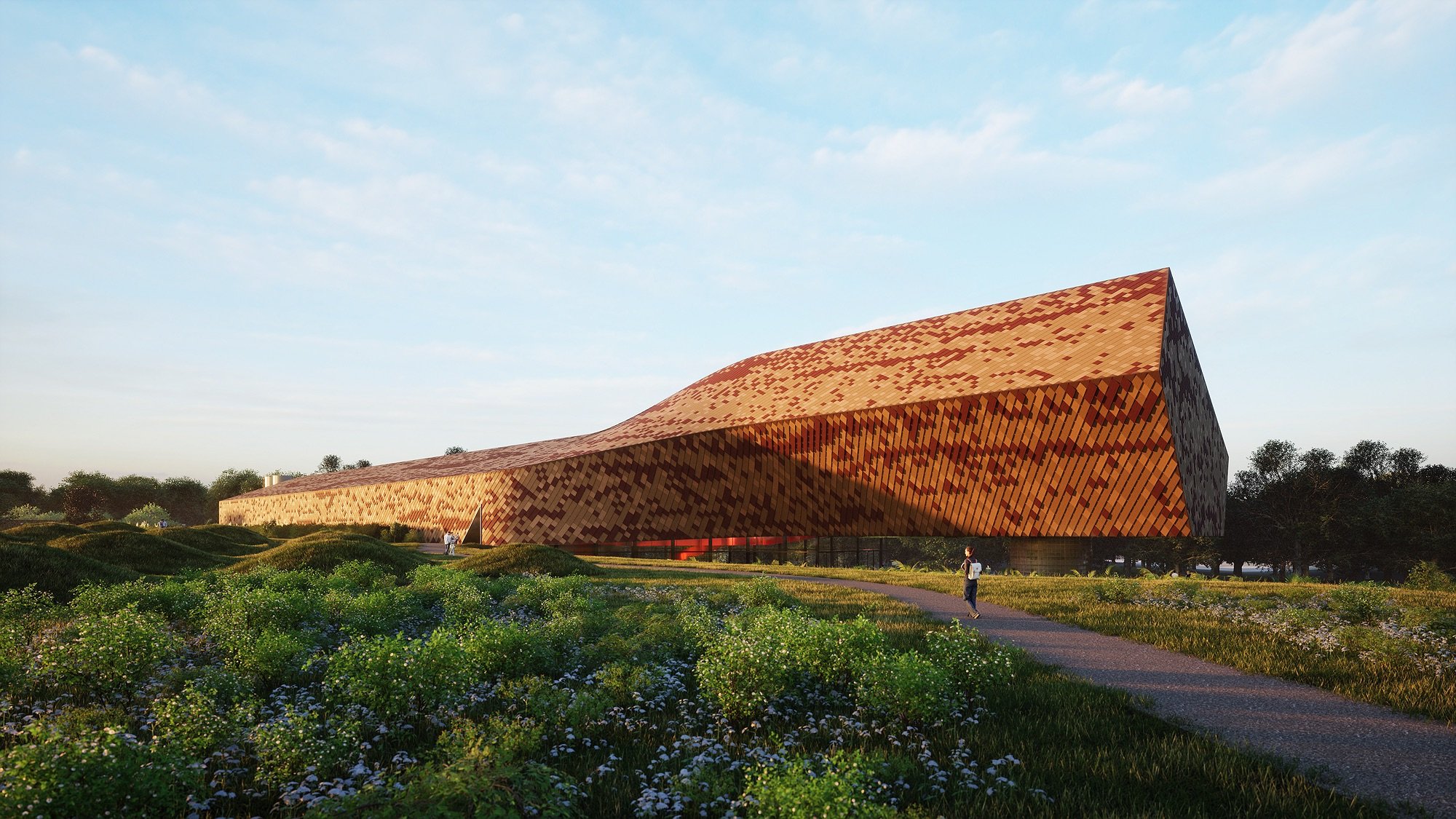The AHA NSW and Clubs NSW say that they are advanced in the development of facial recognition technology to be rolled out in the gaming areas of hotels and clubs across NSW next year, restricting access to problem gamblers who have chosen to exclude themselves from gaming.
Facial recognition will become a major part of the Multi-Venue Self-Exclusion (MVSE) scheme and once the new system is implemented, it will be state-wide for the first time.
ClubsNSW CEO Josh Landis said: “If you self-exclude from your local suburban club or pub, you will still be detected and prevented from gambling in any pub or club in the CBD or country and regional NSW. This is a practical and effective measure backed by self-excluded gamblers and we look forward to seeing its speedy implementation in all hotels and clubs in NSW.”
The AHA and Clubs NSW say that dozens of clubs are already operating facial recognition systems following successful trials in a number of NSW hotels.
A recent survey found 85 per cent of self- excluded problem gamblers support facial recognition to identify self-excluded people, with the vast majority of those surveyed comfortable with it being used to enforce venue exclusion. One in one hundred adults in New South Wales are problem gamblers, says the AHA.
The technology will have strict privacy protections in place — for example, no licensed venue can access the data, which can only be used to enforce self-exclusion in gaming areas and Venues will display clear signage to alert patrons that facial recognition technology is in use.
Landis said that the technology is a support mechanism for those who self-exclude, ensuring that they maintain their resolve and stay out of harm's way.
AHA NSW CEO John Whelan said the introduction of facial recognition follows recent trials in six NSW hotels and the success of a similar scheme in place in 300 venues in South Australia.
“Technology now allows us to accurately identify self-excluded problem gamblers and then stop them from gambling — this is a powerful tool and NSW hotels and clubs are committed to implementing it,” Mr Whelan said.
“When an excluded person enters a gaming room, their face will be scanned and immediately compared with the faces of all people already in the self-exclusion system. If there is a match, an alert will be sent to the venue within seconds, allowing staff to intervene and prevent gambling. Treatment providers and counselling services will also be alerted and can provide assistance to the patron.”
Share the content
